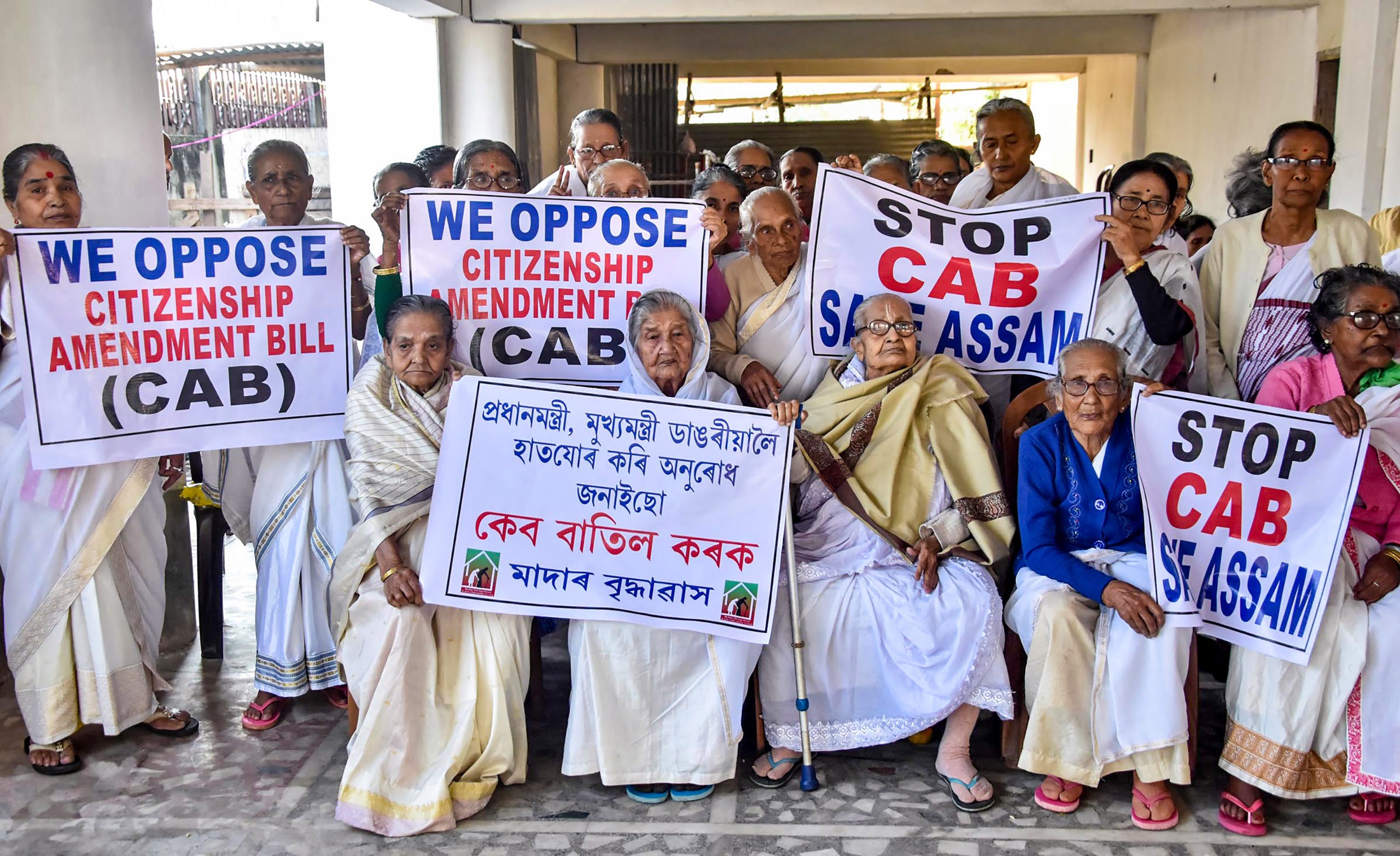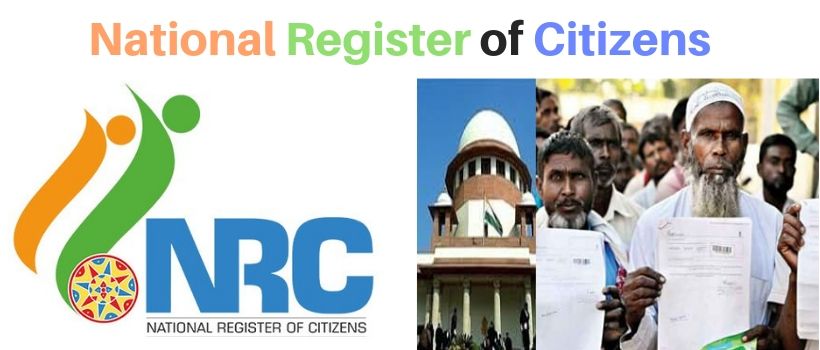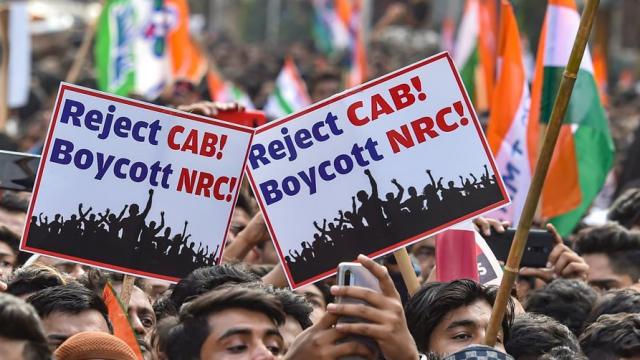What is Citizenship Amendment Bill: All you need to know about CAB
The Citizenship (Amendment) Bill, which was passed by the Rajya Sabha on Wednesday, will now go to the President for his assent. As many as 125 lawmakers voted in the favour of the Citizenship (Amendment) Bill and 99 against it. Here is all you need to know about the CAB.
The Citizenship (Amendment) Bill or CAB, which grants Indian citizenship to the non-Muslims of Afghanistan, Pakistan and Bangladesh, was passed by the Rajya Sabha on Wednesday. The Citizenship (Amendment) Bill will now go to the President for his assent. As many as 125 lawmakers voted in the favour of the Citizenship (Amendment) Bill and 99 against it.
The Citizenship (Amendment) Bill voting in Rajya Sabha was taken up after six hours of debate on the legislation. Rajya Sabha Chairman and Vice President Venkaiah Naidu had allotted the six-hour time to the MPs to discuss the Indian citizenship bill.
Besides the Bhartiya Janata Party (BJP), the CAB was supported by JD(U), SAD, AIADMK, BJD, TDP and YSR-Congress. The Shiv Sena did not participate in the voting. The citizenship bill was on Monday passed by the Lok Sabha with a majority of 311 votes against 80. Here is all you need to know about the Citizenship (Amendment) Bill or CAB:
WHO GETS THE INDIAN CITIZENSHIP?
The Citizenship (Amendment) Bill proposes to grant citizenship to the non-Muslims Hindus, Sikhs, Christians, Buddhist, Jains and Parsis — from Afghanistan, Pakistan and Bangladesh who arrived in India before December 31, 2014.
In other words, the CAB paves way for Indian citizenship to lakhs of immigrants, who identify themselves with any of the given religions, even if they lacked any document to prove their residency. It also means that any immigrant who does not belong to the said communities would not be eligible for Indian citizenship.




